Have you ever felt drawn to something you can’t quite place? Maybe it’s a flavor, or a song whose lyrics you can’t seem to remember. It’s needing something without knowing what that thing is, or if it even exists. Recently, I’ve been feeling this way about my space. I oscillate between home, school, work and places in between but none of them are filling the lack I feel within my life. What I’m yearning for is a third space; furthermore, I would argue we have collectively been yearning for third spaces in a post-Covid world. But before I harp on the benefits of third spaces, we must first establish what a third space is.
The term “third space” was first coined by sociologist Ray Oldenburg in his 1989 book The Great Good Place. The term describes places outside of work, school and home that can serve as gathering places for people to relax and connect with their community. Third spaces are important in the context of how we divide our lives, as Oldenburg suggests they are divided into three realms: first, second and third space. The first space is the home, which is characterized by privacy, solitude and sense of ownership. It is a place where people reside and build their personal lives and provides stability, comfort and personal identity. The second space is work, which is defined by productivity and professional roles, often involving a structured environment. This space provides economic stability and career development. The third space is represented in settings like cafes, bookstores, parks, community centers, churches, libraries, hairdressers/barber shops, and gyms. They encourage social interaction, conversation and community bonding.
The challenge we face is that these crucial third spaces are a dying species. In an increasingly digital and privatized world, there is less emphasis on curating physical spaces that encourage community gathering. It is exciting to see the world at our fingertips, it makes us think of all the potential that online spaces provide. But online spaces can not provide the same benefits and social advantages that true third spaces do. Further contributing to the decline of third spaces have been economic pressures associated with escalating real estate prices, urban development and the popularization of remote work. Oldenburg blames unfunctional zoning for the death of third spaces, which are bans on commercial establishments in residential areas. This makes sense as it can be extremely difficult to find third spaces if one lives in suburbia or rural areas. People thus have to rely on car transport to reach their third space, which evokes a feeling of dread and takes away from the comfort that third spaces are meant to provide.
So how do we divert this extinction? The solution to the death of third spaces is actually simpler than you may think – all it involves is defining a space meant for community gathering. Parks become third spaces when they are used to host concerts and movie nights. Libraries become third spaces when a group of friends study and chat together. I would argue that a large part of the decline of third spaces is our failure to acknowledge they exist, and our failure to utilize them effectively. I encourage you to look for the third spaces that exist near you, and if it seems there are none, try to find out how you could create your own. Bringing communities together does not happen overnight, but we work towards unity everytime we utilize the resources within our community. Going to the park may not be the first place that you and your friends think of when wanting to hang out, but as opposed to staying home the park encourages social interaction and community bonding. Third spaces can drastically alter the way we view our lives, they are scientifically proven to enhance the psychological health of individuals. We all yearn for a respite from the constant grind of daily life; third spaces are the perfect place to be at peace and focus on ourselves and our bonds with one another.













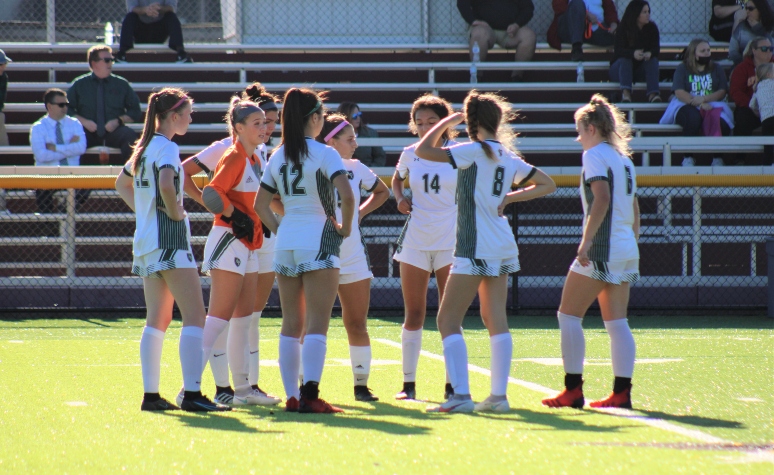
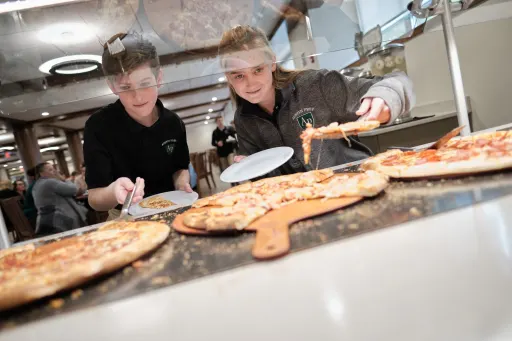


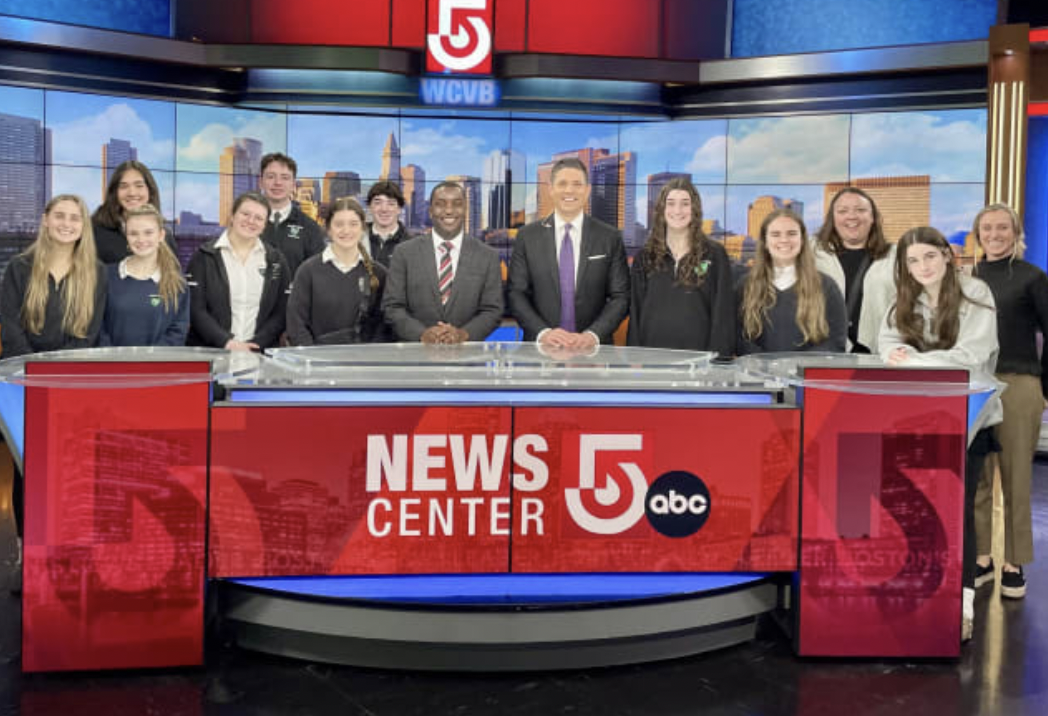


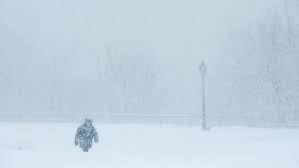

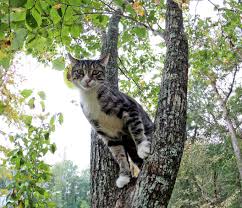
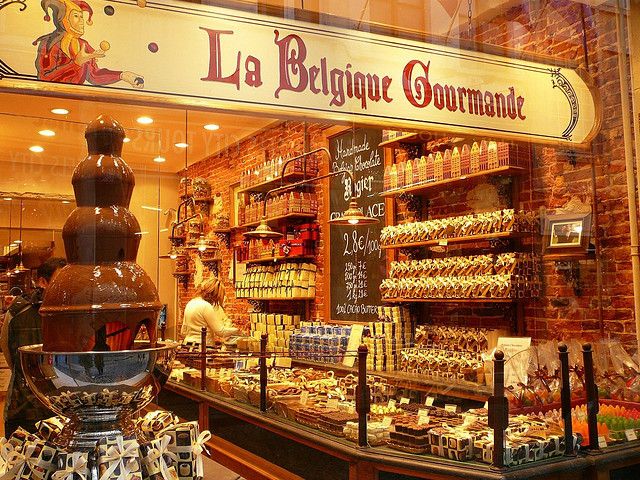

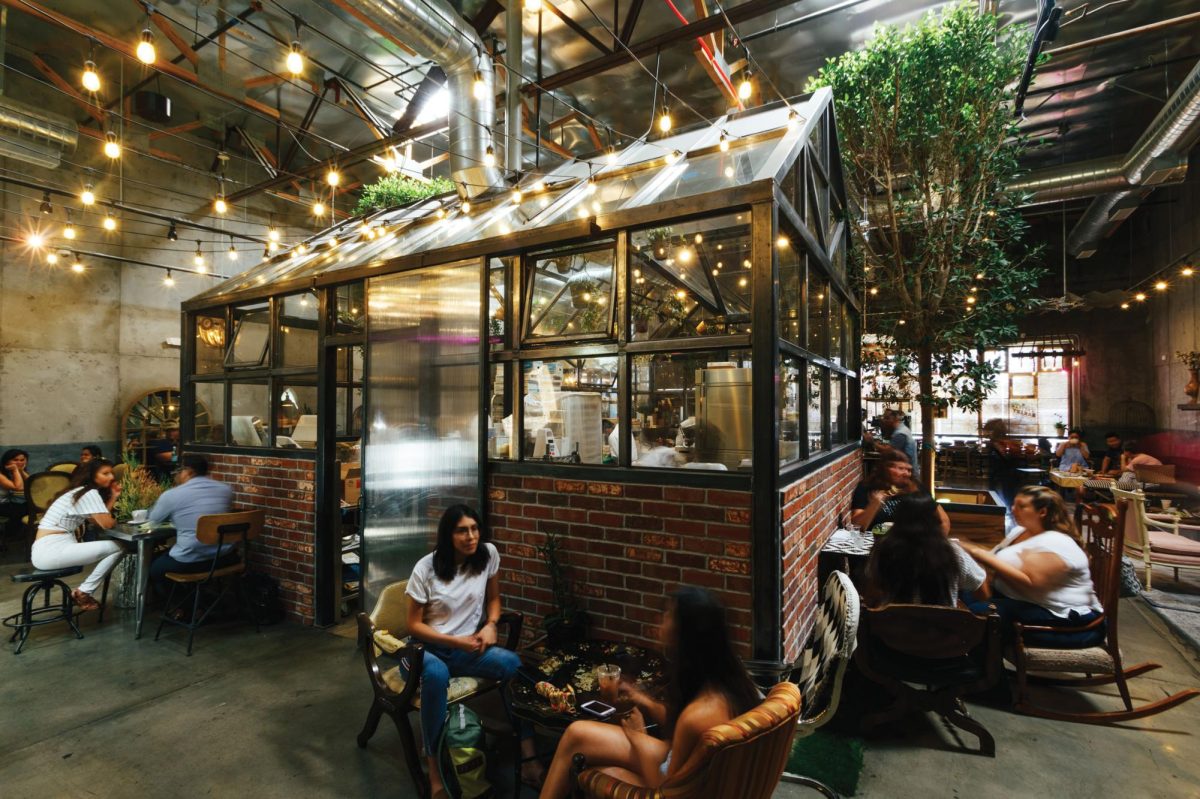

Ann G. • Mar 27, 2024 at 6:56 am
I never heard the term “third space, but I have certainly felt it. Men seem to have an easier time finding one: social clubs like “the Hib,” or “The Elks.”
Recently I have found the Senior Centers which just might fit my need for a “third space.” (I am old!! 73 now.)
Thanks for the article; it’s an important concept.